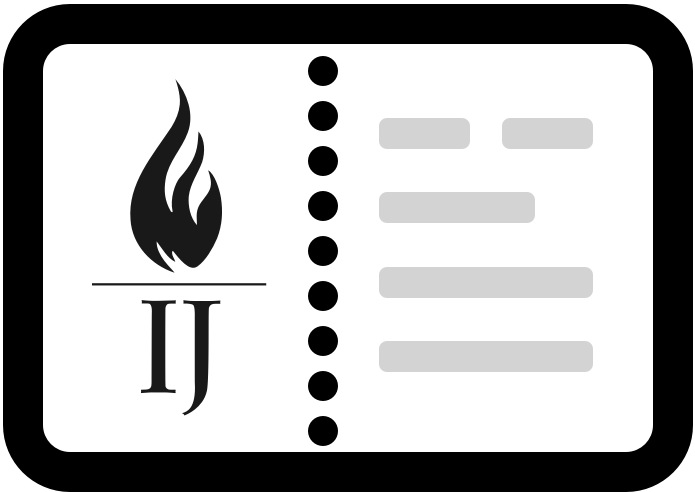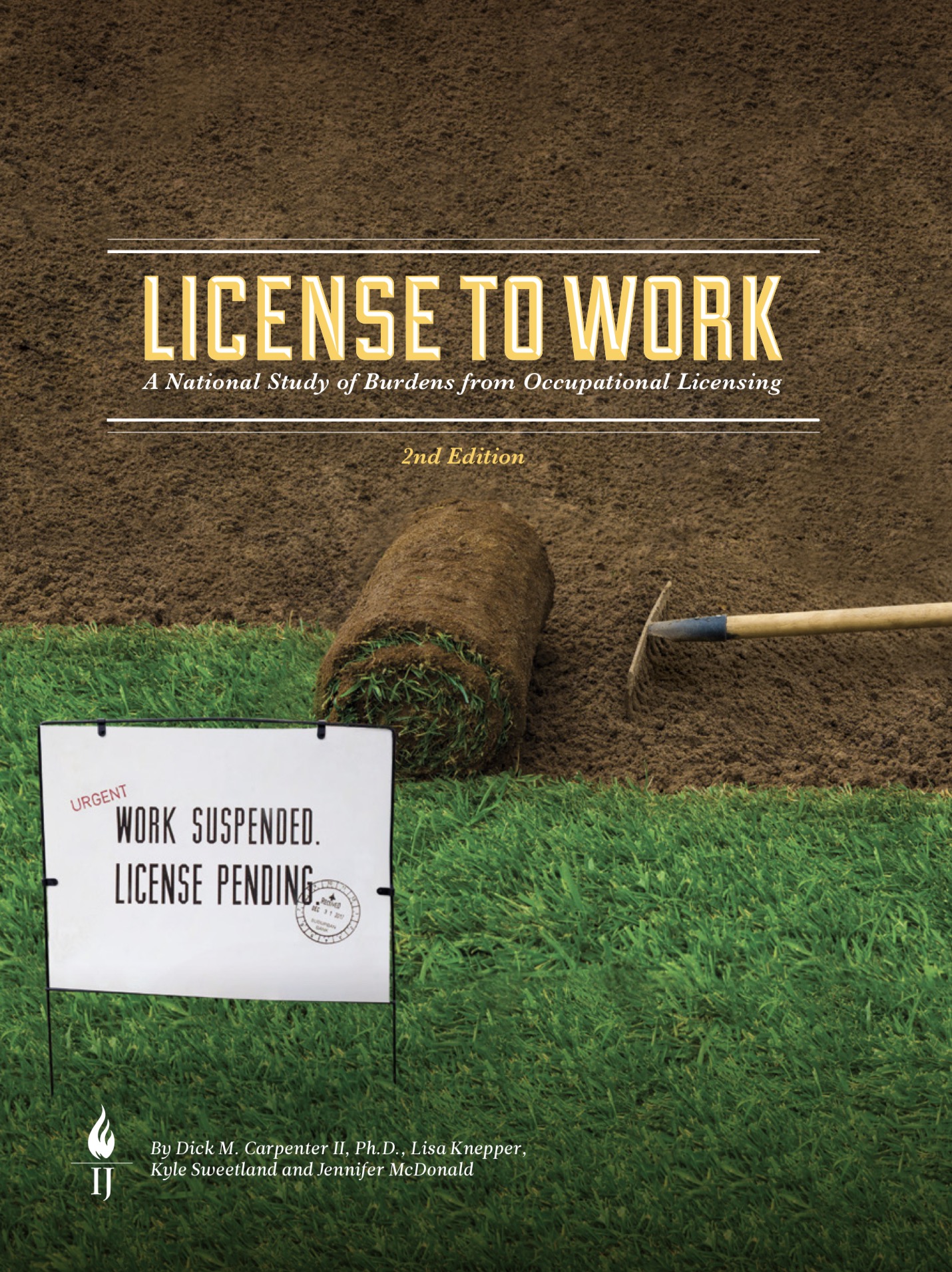Report: License to Work
License to Work
Nivea Earl fought for and won her right to braid hair without the need for a costly and time-consuming cosmetology license in Arkansas. Read more about her case.
Today, more Americans than ever must get a government permission slip before they can earn an honest living, thanks to the spread of occupational licensing laws. Licensing laws now guard entry into hundreds of occupations, including jobs that offer upward mobility to those of modest means, such as cosmetologist, auctioneer, athletic trainer and landscape contractor. Yet research provides scant evidence that licensing does what it is supposed to do—raise the quality of services and protect consumers. Instead, licensing laws often protect those who already have licenses from competition, keeping newcomers out and prices high.
This second edition of License to Work is the most comprehensive look to date at licensing burdens for lower-income occupations. It measures burdens for 102 lower-income occupations across all 50 states and the District of Columbia and finds that licensing laws can pose substantial difficulties for job seekers and would-be entrepreneurs. On average, these laws require nearly a year of education and experience, one exam, and over $260 in fees.
License to Work also finds that licensing burdens are frequently irrational. For example, in most states, it takes 12 times longer to get a license to cut hair as a cosmetologist than to get a license to administer life-saving care as an emergency medical technician. Moreover, most occupations are unlicensed somewhere, suggesting they can be safely practiced without a state license.
Fortunately, there are alternatives to licensing that offer consumer protection without shutting people out of work. Some alternatives, like consumer ratings websites and private certification, harness the power of reputation to compel companies to keep service quality high. These are already at work in many fields and don’t require government regulations. Others, such as bonding, insurance, inspections, registration and government certification, are less restrictive alternatives that lawmakers can implement.
Licensing reform is now being championed by a growing chorus of policymakers and scholars across the political spectrum. Lawmakers should start reform efforts by identifying and repealing needless licenses. If necessary, they can replace licensing with less restrictive alternatives. License to Work also offers additional reform options, including reining in anticompetitive licensing boards and regulations; codifying in statute the right to engage in a lawful occupation; implementing meaningful sunrise and sunset processes; and curtailing license denials based on irrelevant or long-past criminal records.
License to Work makes the case that occupational licensing should be a policy of last resort. Before restricting the right to earn an honest living, lawmakers should demand substantial, empirical proof of widespread and significant harm, and then select the least restrictive alternative regulation best targeted to address it.



